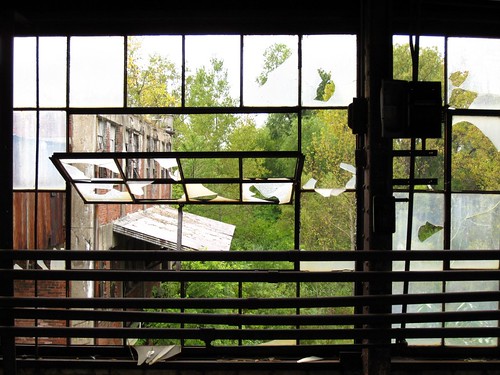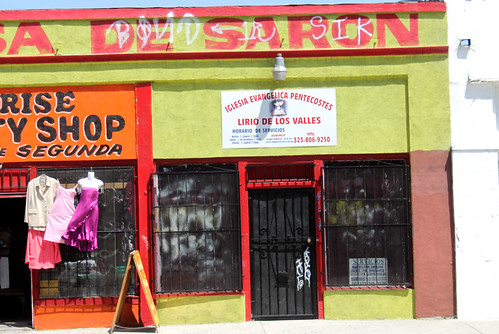Acts 2 (NIV)
“‘In the last days, God says,
I will pour out my Spirit on all people.
"All people"? Well, there's God being all egalitarian and accepting and open, ain't that it?
Your sons and daughters will prophesy,
And daughters? Well, as long as they're silent about it and let the menfolk handle the serious studying of God's word.
your young men will see visions,
your old men will dream dreams.
Even on my servants, both men and women,
Again with the women!! Get it together, already. Women can't preach so why waste your spirit on them?
I will pour out my Spirit in those days,
and they will prophesy.
I will show wonders in the heavens above
and signs on the earth below,
blood and fire and billows of smoke.
Blood and fire! Fire! Fire! Yes! Burn those gays and heathens and Messicans and Arabs!
The sun will be turned to darkness
and the moon to blood
before the coming of the great and glorious day of the Lord.
And everyone who calls
on the name of the Lord will be saved.’
Oh cool! It's all about the end times and the rapture! Yippeee!! Bring on the BLOOD BATH!!
The above was brought to us by the ancient prophet Micah by way of the Jesus-follower Peter on the first Pentecost, and then interrupted by a common Bible Belt interpretation. It's a selfish understanding of the Bible, one focused largely on our own experiences and formed by a consciousness of privilege and fueled by a spirit of vengeful persecution.
"Wait til Jesus comes back and gets those liberals/welfare dependents/elites for slighting me!"
It's an odd mix to have. Not that there wasn't a lot of blood and wrath on the minds of the Old Testament prophets, or even in the stories that Jesus and the apostles told. But their sites were set on the oppressive empires that were actually oppressing them. Making it impossible for them to live, to operate. Abandoning widows and orphans. Conquering them with military force. Excising all their wealth into a centralized body.
Israel, Assyria, Babylon, and Rome and their emperors and their ways of exploitation and domination were, in the language of the prophets and the apocalyptic writers of the bible, the sun and the stars and the moon that would be darkened and bloodied and overcome.
If I were the rest of the world, I would know this passage to be speaking of the end of the American empire and her multinational corporation partners. And I'd be rejoicing.
 |
| Pentecost |
But the end of empire-dom does not occur through bloodshed. It will not happen through the art of war, via tanks or bombs or guns. Neither will oppression cease through a supergroup of superpowered superbeings or via battleships or really terrible lightning bolts coming from a grey-bearded god in the sky. Those are the old ways, the language of oppression and dominance and violence. When we follow the old ways, we are only replacing one tyrant with another.
If we continue in the old ways, what are we saving ourselves from and what are we being saved into? From the violence of one group to the violence of another? Would we be replacing the czars only to end up under totalitarian rule - dolled up in the language of equality - all over again?
We will be saved by the singular mission of a people united in speaking the same message - the message of freedom, of equality, of sharing, of equal access, and equal power, of beaten swords and spears, of shared plows and tools - and acting as a people liberated from the message of the empire, that "Might is right."
Peter's last words to the gathered crowd were, “Save yourselves from this corrupt generation.”
How did the new followers then save themselves? From the end of that same second chapter of Acts.
They devoted themselves to the apostles’ teaching and to fellowship, to the breaking of bread and to prayer. Everyone was filled with awe at the many wonders and signs performed by the apostles. All the believers were together and had everything in common. They sold property and possessions to give to anyone who had need. Every day they continued to meet together in the temple courts. They broke bread in their homes and ate together with glad and sincere hearts, praising God and enjoying the favor of all the people. And the Lord added to their number daily those who were being saved.
The people were not saved into an eternal life that would start after they died. They were saved into a new way of being, a new humanity, a new ethos, a new kind of rule separate from the predominant empire. Jesus' rule wasn't an earthly type of rule - it was one of kindness and sharing and giving and peace. The kind that takes the old and turns it into something new.
".....and they shall beat their swords into plowshares, and their spears into pruninghooks: nation shall not lift up sword against nation, neither shall they learn war any more."








